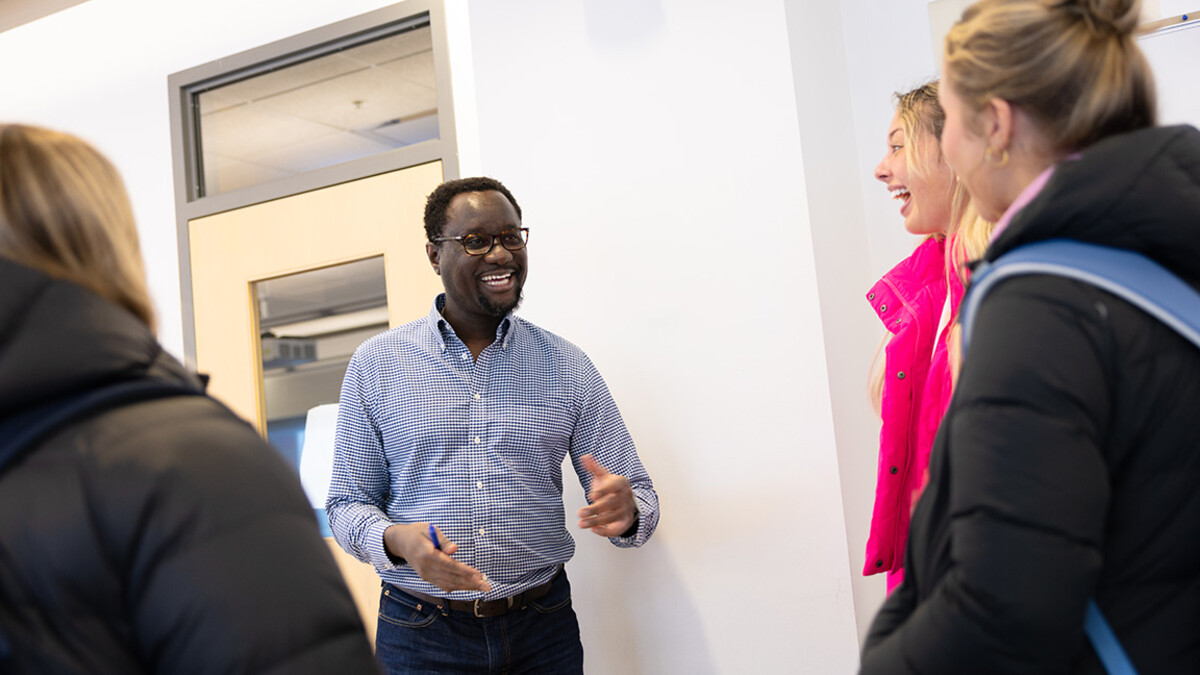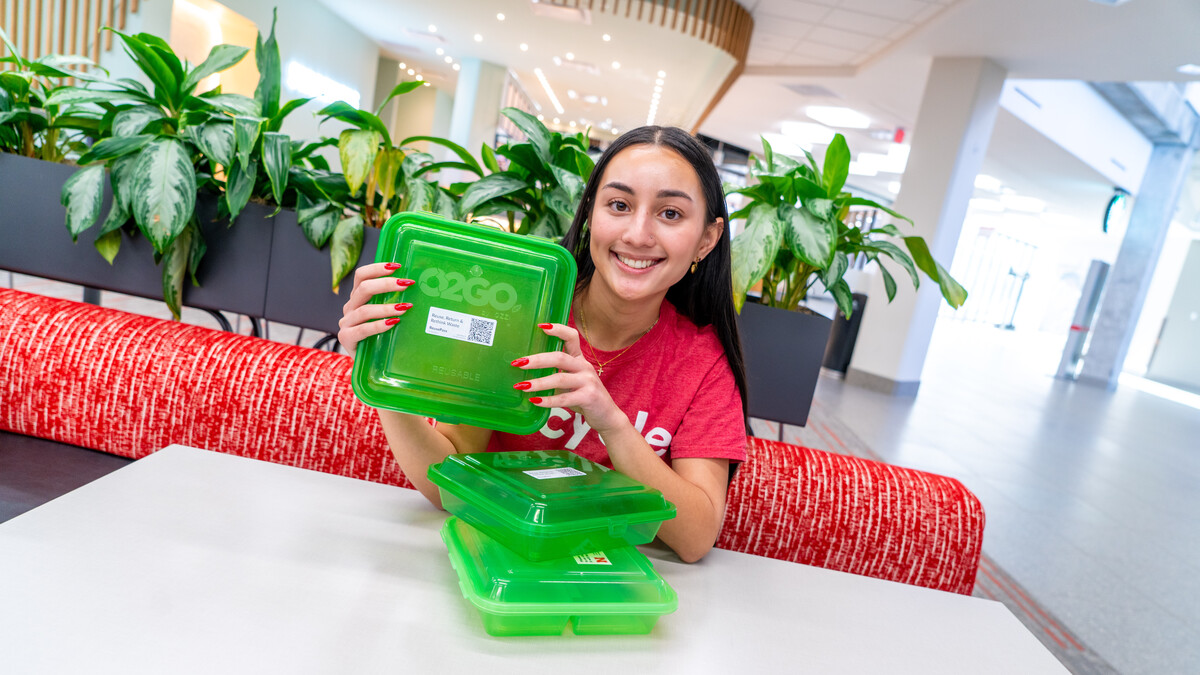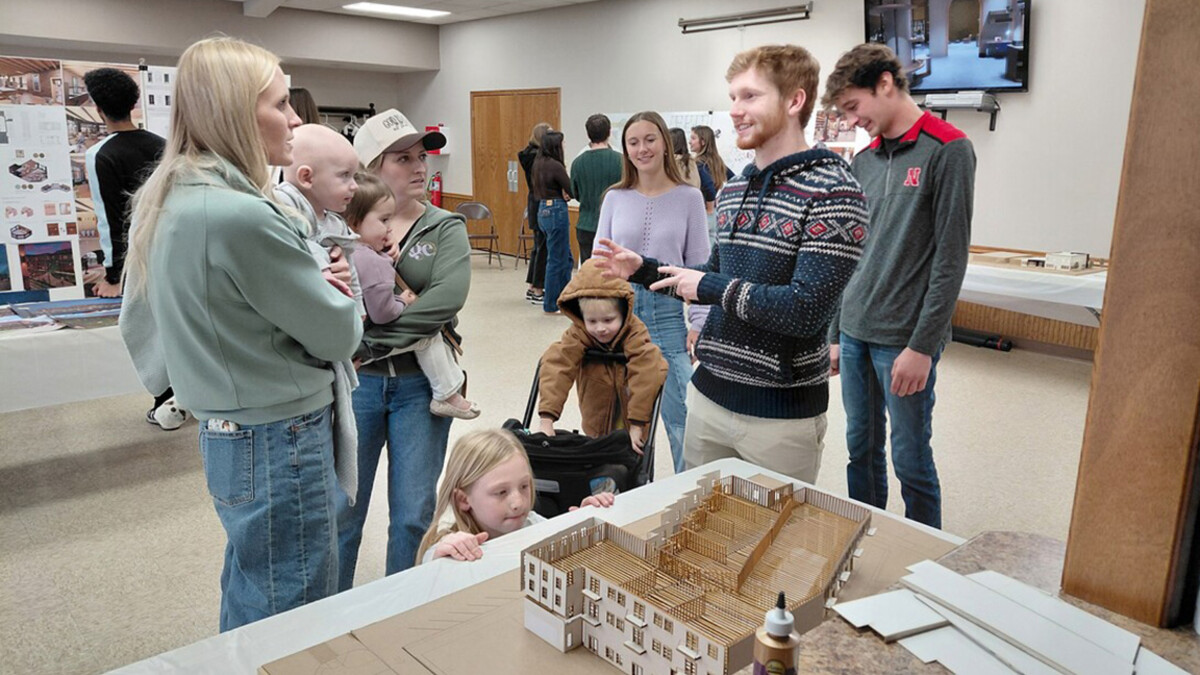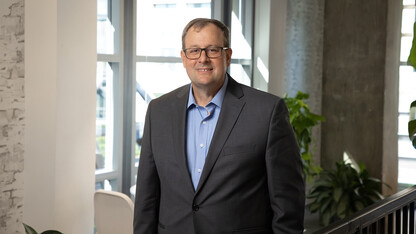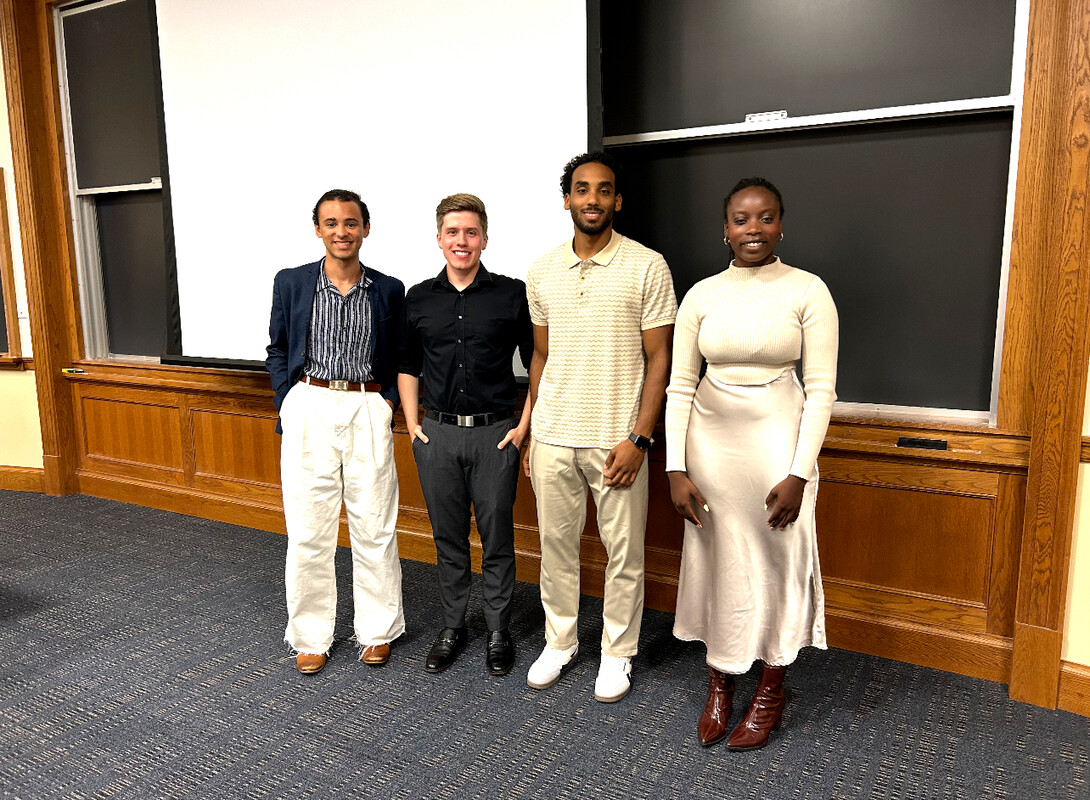
Ahmed Alsayid took a deep dive into his field of study and saw how it fits into a bigger picture during a comprehensive summer program.
Alsayid, a senior global studies and economics major from Lincoln, participated in the Public Policy and International Affairs Program’s Junior Summer Institute. During classes that served as a preview of graduate school for Alsayid, he saw new layers of that world and peeked into his future path.
“This was a nice intro to grad school, because I wasn’t sure what to expect,” he said. “This program really did give me a head start.”
Alsayid attended the session at the University of Michigan in a cohort of 24 students at his site, which was one of six locations. Over the course of seven weeks, he took courses in topics like public policy, international affairs, statistics and economics.
Immigration policy, foreign service and international affairs have been an interest of Alsayid’s for years, in part because the subjects have been part of Alsayid’s life for as long as he can remember. Alsayid’s family moved to the United States from Sudan when he was a small child, and he aided his parents and other family members as they navigated the immigration process. He said he would translate forms and documents and help with calls to different services.
“As I got into middle school and high school, when my parents were applying for their citizenship, that’s when I started to understand I’ve been doing this my whole life,” Alsayid said.
He said his personal experience seeing immigration policy in action gives him insight into the real impact of these policies. This connection makes him more passionate and invested in the stories behind the paperwork, he said.
“With a topic as sensitive as immigration work, people can look at a piece of paper and determine what’s next based on stats and numbers,” Alsayid said. “But based on my personal experience, I know it goes beyond that. I’ve lived it myself, have family members who’ve lived it, neighbors, friends.”
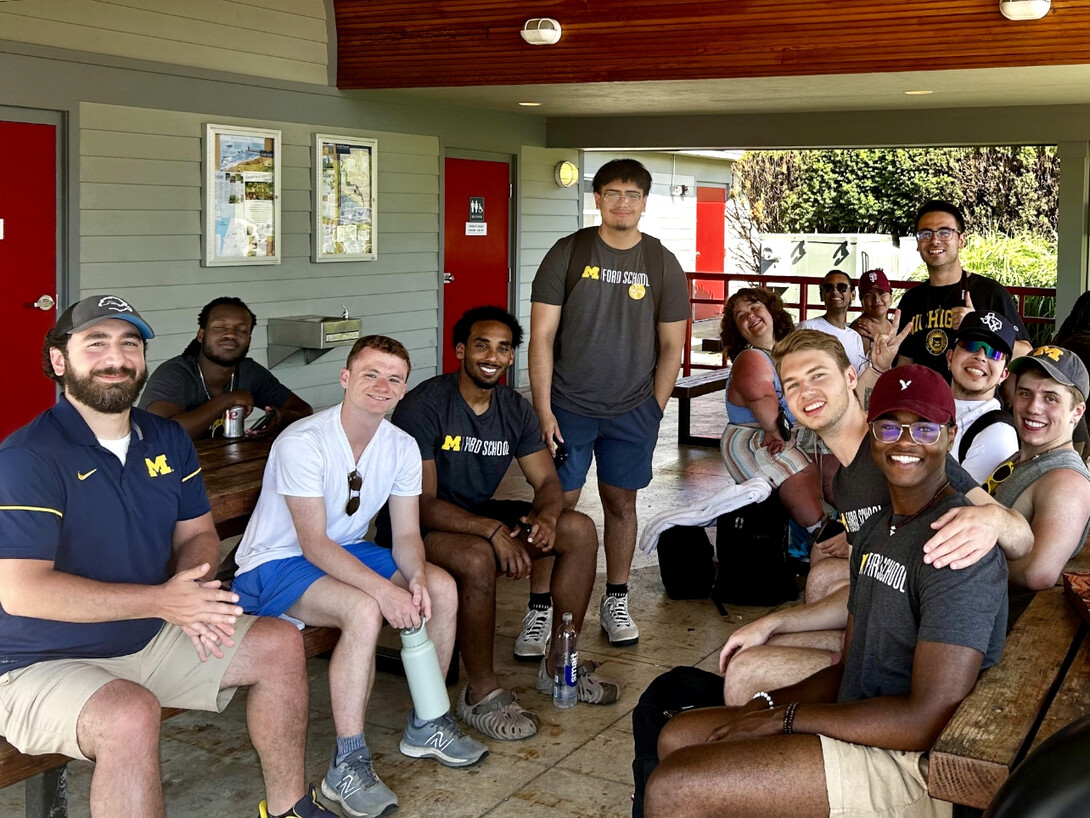
However, Alsayid said classes more technical subjects helped him learn how information in other fields can create a greater picture of the needs of some groups. His favorite course was focused on artificial intelligence, for example, and it made him consider more seriously how AI could affect government and policy work. Classes in statistics and economics showed him more about how that data can add context to the possible consequences of a given policy.
“As we got into, it made sense that we need to have these analytical skills to be able to do policy work,” he said. “Let’s say for example I want to understand how this new policy will impact immigrants from this part of the world coming into the United States. I can’t understand how something will impact the future unless I understand the past…If I have a system people apply to, how effective will it be? How many people will apply and do they have the resources to do so?”
This idea became even clearer through speakers like former New York City mayor Bill DeBlasio and a professor who worked in cybersecurity during the Obama administration. Alsayid said hearing what drew them to policy careers and how it differed from his own experience opened his eyes more to the possibilities in that field.
“I learned more about housing policy or all these different policy interests under the same umbrella that I didn’t have an interest in before but I do now,” he said. “So I had the opportunity to broaden my horizons.”
Alsayid is now preparing to apply to graduate school and said the institute helped him prepare for that process and the next step of his education.
“I can say confidently going into this new space I’ll be able to navigate my new course much more smoothly than I would have,” he said.
